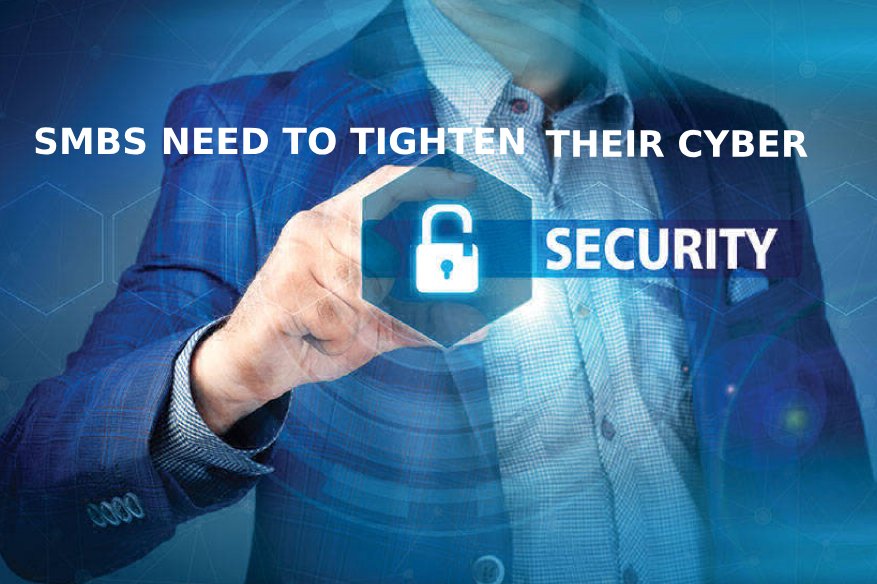Why SMBs Need To Boost Their Cybersecurity

As data breaches and hacks of all kinds continue to happen on a daily basis, the trust of the internet users seems to be waning. As a result, website owners running small to medium size business (SMBs) are looking for new ways to retain their visitors by offering better protection of their data. But overall, these smaller industries don’t possess the budget or the right team of IT professionals with their skills to protect their digital assets.
According to web expert, Thomas Vollrath, “The new regulation and browser policies under the act, companies cannot foresee the crucial issue of cybersecurity” He also reiterated how assets cannot be protected with a simple lock and key.
Chrome and Google now scan for SSL certification, and if it is not found, the website is deemed insecure. This not only impacts the SMBs ranking and SEO power, but it also damages client trust and jeopardizes the company’s overall reputation. Bottom line—there has to be an “https” before the URL of any online business.
In the wake of new laws—like Europe’s General Data Protection Regulation (GDPR) and South Africa’s Protection of Personal Information (POPI), the web giant Google has tightened up their process considerably. Google now says that websites without an “http” prefix are insecure and consequently will be penalized. Websites that use SSL certificate from untrustworthy sources will be similarly penalized because they are likely only attaining the certification in a show of false legitimacy.
It’s a popular belief that SMBs are more vulnerable to data breaches, a notion supported by a recent Verizon report stating over 60% of online companies have experienced one. Nevertheless, SMBs tend to have less cybersecurity than other enterprises and are more likely to pay a ransom to secure stolen data. In today’s connected world, customer data has become a major asset worth protecting. And given the reality that hackers are now actively eyeing SMBs as more lucrative targets—specifically because of their inadequate security measures—the digital posture of these small enterprises is more important than ever.
Vollrath’s advice to SMBs who have not yet invested in proper cybersecurity is to purchase a trusted SSL certificate, arrange company-wide training on how to avoid phishing schemes, and ensure all passwords are strong and regularly updated. He explains, “Hackers look for vulnerabilities in login processes, so two-factor authentication is critical for access to any confidential information and portals.”
Focusing specifically on the SMB market in South Africa, 1-grid.com offers domain, web, and email hosting, SSL certification, website design and online marketing expertise to their customers. Their 10-year vision is to transform the company into a specialized online application platform, offering secure digital and mobile services to SMBs across the African continent. “With the flexibility and scalability of the Cloud comes new threats to business security. We intend to stay ahead of the curve and give small businesses the tools they need to thrive,” says Vollrath